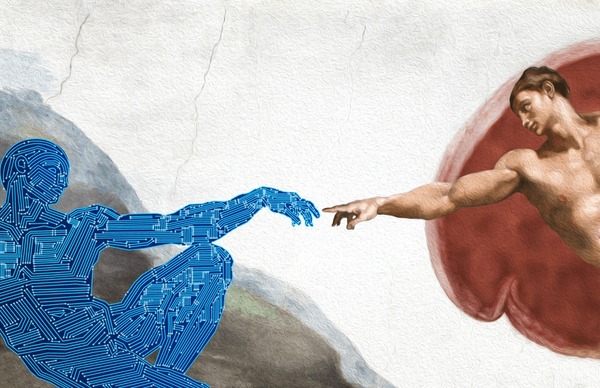In our recent Life Classes, we explored one of humanity’s most sensitive yet profound subjects — religion and spirituality. These sessions were not just about learning definitions, but about understanding how faith, belief, rituals, and traditions shape who we are and how we see the world. We discovered that while these concepts often overlap, each plays a distinct role: religion offers structure, spirituality builds a personal connection, belief gives direction, rituals create consistency, and traditions bring people together. What made the experience truly meaningful was that it didn’t impose any single truth. Instead, it encouraged us to ask questions, challenge assumptions, and reflect deeply on our own perspectives.
Vardan Sir’s session was particularly powerful. He shared his personal journey toward atheism — a story that was both surprising and inspiring. His honesty created a safe space for everyone to express their doubts and beliefs openly, without fear of being judged. Rather than trying to convince anyone, he simply invited us to think. His story reminded me that questioning isn’t an act of rebellion; it’s a way of growing closer to the truth. It helped me realize that faith doesn’t always mean having answers — sometimes, it means having the courage to explore the questions.
We also watched The Man from Earth, a film that beautifully blurred the lines between logic, faith, and history. It made us think critically about what we believe and why. The movie challenged the idea that truth must always be proven — sometimes, truth exists in experience, emotion, and belief. The discussion that followed was full of curiosity and reflection, and it helped me see how diverse yet deeply connected people’s beliefs can be.
All of this made me reflect on my own journey of faith. When I was younger, I believed that God was a powerful being who controlled everything — from our daily lives to our destinies. Religion, to me, was a set of rules and rituals that one must follow to be good and stay close to God. I accepted what I was taught at home and in my community without much thought. But as I grew older, small doubts began to surface. If there is one God, why are there so many religions? Why do bad things happen to good people? Why do some prayers go unanswered?
These questions did not weaken my belief; instead, they made me more curious. I began to see faith as something deeper than rituals or doctrines. I started to believe that God is not necessarily a figure watching over us, but rather a universal energy — a presence that connects all living things. Religion, I realized, is just one of the many paths that lead to that divine truth. Every religion has its own wisdom, its own beauty, and its own way of teaching compassion and goodness. What matters most is not which path we follow, but how we treat others — with kindness, empathy, and respect.
Even today, I carry questions within me. I wonder about destiny and free will, about life after death, and about the meaning of existence. But I’ve come to understand that maybe it’s okay not to know everything. Faith, for me now, is not about certainty; it’s about seeking. It’s about staying open, curious, and humble enough to keep exploring what feels true to the heart.
Looking around, I see how people today struggle to balance faith with modern life. Some lose belief because they cannot see what they are asked to trust. Others are disillusioned by how religion is sometimes misused to divide people. But I also see hope — people who are rediscovering spirituality beyond boundaries and labels, who focus on shared values rather than differences.
To me, that’s where the real essence of faith lies — in the universal values that every religion teaches: love, peace, respect, and service. If we can focus on what connects us rather than what separates us, the world could be a kinder and more understanding place. Instead of debating who is right, we can listen, learn, and grow together. Because ultimately, we all seek the same things — meaning, purpose, and connection. And in that shared search, we are all one.
These Life Class sessions didn’t just teach me about religion; they helped me understand what it means to believe. They reminded me that spirituality is not about choosing one path over another — it’s about walking your path with awareness, compassion, and truth. For me, this journey has been about moving from blind belief to conscious faith — a journey not of finding all the answers, but of learning to live peacefully with the questions.
